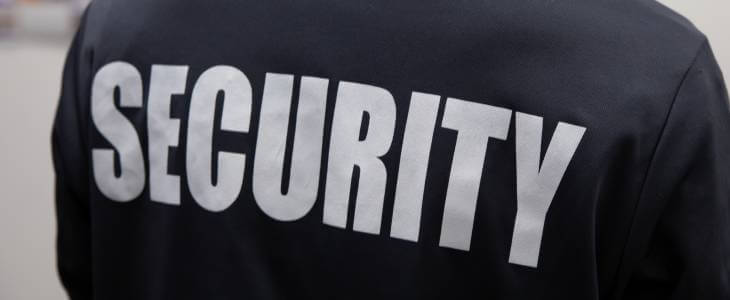Philadelphia property owners can be held liable for negligent security under certain circumstances. Negligent security is a legal concept that falls under the broader category of premises liability, which holds property owners and occupiers responsible for injuries on their property. This legal area concerns the duty of property owners to maintain a safe environment and take proper security measures to prevent foreseeable criminal acts, such as assaults, robberies, or other incidents causing harm.
Situations Where Property Owners May be Liable For Negligent Security
- 1) Poor lighting in areas like parking lots or building entrances, creating an environment conducive to criminal activity.
- 2) Failure to repair broken locks on doors, windows, or gates, allowing easy access for intruders.
- 3) Lack of surveillance cameras or malfunctioning security equipment, which can deter criminal behavior and provide evidence if incidents occur.
- 4) Insufficient security personnel, whether due to not employing enough staff or failing to train them properly.
- 5) Neglecting to implement necessary security measures like access control or alarm systems leaves the property vulnerable to criminal acts.
Property owners should regularly assess and update security measures to prevent criminal activities and reduce liability risk.
To establish a negligent security claim in Philadelphia, the victim must prove that the property owner knew or should have known about potential criminal activity risks and that their failure to take appropriate security measures resulted in injury or harm.
Suppose someone suffers due to inadequate security measures. In that case, they should report the incident, seek medical attention, document the scene, maintain records of expenses and injuries, and consult an attorney experienced in negligent security claims and premises liability law. Legal action can involve demonstrating the property owner’s negligence, establishing a link between this negligence and the harm suffered, and negotiating compensation for damages like medical expenses and pain and suffering.
Elements That Would Constitute Inadequate Security On The Part Of Property Owners
- Duty of Care: Property owners owe a duty of care to all lawful visitors, which means they must maintain their property in a reasonably safe condition. The extent of this duty can vary depending on the type of property and the expected visitors. For example, residential property owners owe a duty of care to their tenants, and commercial property owners, such as those running stores, malls, or hotels, owe a duty to their customers and employees.
- Foreseeability of Harm: A key element in negligent security cases is the foreseeability of harm. Suppose a property owner knows or should have known about a potential danger on their property. In that case, property owners should take reasonable measures to prevent damage, which can be particularly relevant in areas with a history of criminal activity. If prior incidents suggest a likelihood of future crimes, the property owner should know to implement security measures.
- Reasonable Security Measures: Property owners must implement reasonable security measures to prevent foreseeable harm. What is considered “reasonable” can vary but may include installing adequate lighting, maintaining locks and security systems, hiring security personnel, and ensuring that common areas are safe and secure. The nature of these measures will often depend on the type of property and the level of risk involved.
- Breach of Duty: Liability for negligent security arises when property owners fail to fulfill their duty of care, which could involve failing to install necessary security systems, neglecting to repair broken locks, or not responding appropriately to known security threats. The breach of duty must be directly related to the harm suffered by the victim.
- Causation and Damages: To hold a property owner liable for negligent security, he must have breached a duty that led to the plaintiff’s harm. The victim must demonstrate that the property owner’s negligence caused their injuries. Additionally, the victim must have suffered actual damages, such as physical injuries, emotional distress, or financial losses.
- Legal Proceedings and Defenses: Victims of negligent security in Philadelphia must file a lawsuit within a specific time frame, known as the statute of limitations. Plaintiffs should file a premises liability claim within two(2) years of the accident’s occurrence in Pennsylvania. Property owners may then defend themselves by arguing that they took all reasonable security measures, that the harm was not foreseeable, or that the victim’s negligence contributed to their injuries.
Contact a Philadelphia Premises Liability Attorney
Philadelphia property owners must provide a safe environment for lawful visitors. Failing to meet this obligation by not implementing adequate security measures can lead to liability for any resulting harm. Victims of negligent security should consult a qualified attorney to understand their rights and the potential for recovering damages. Cooper Schall & Levy has experienced personal injury attorneys who can help you navigate your case and protect your interests. Contact our Philadelphia office for an initial complimentary consultation.


